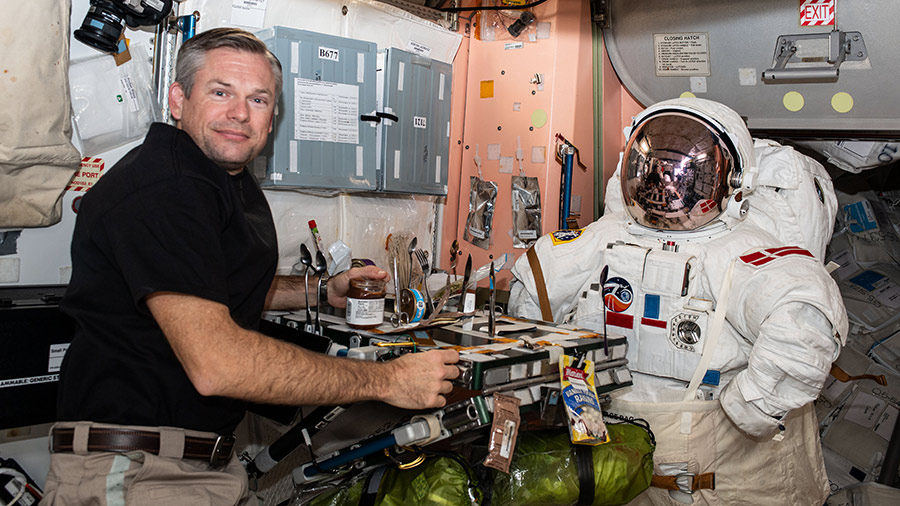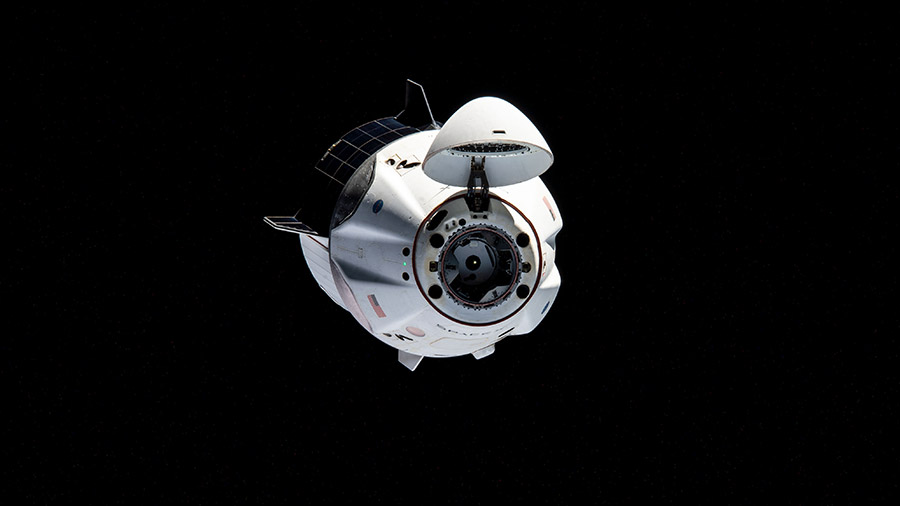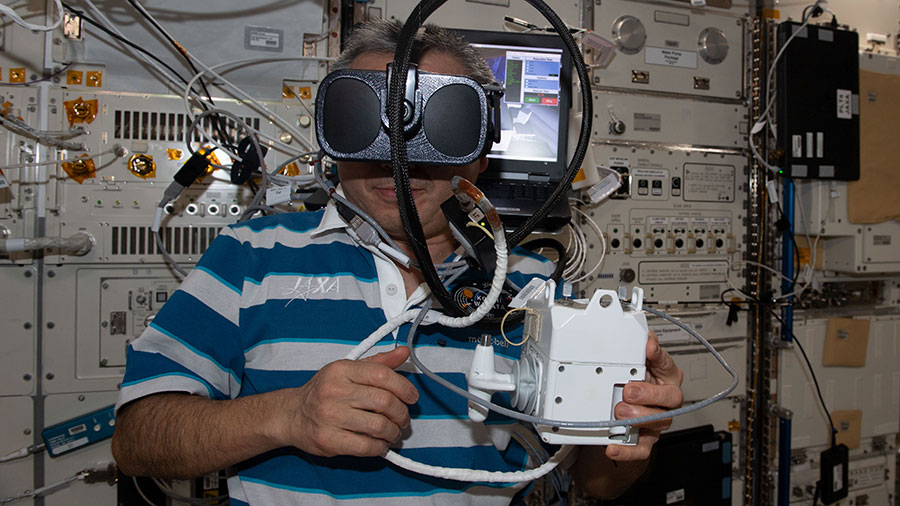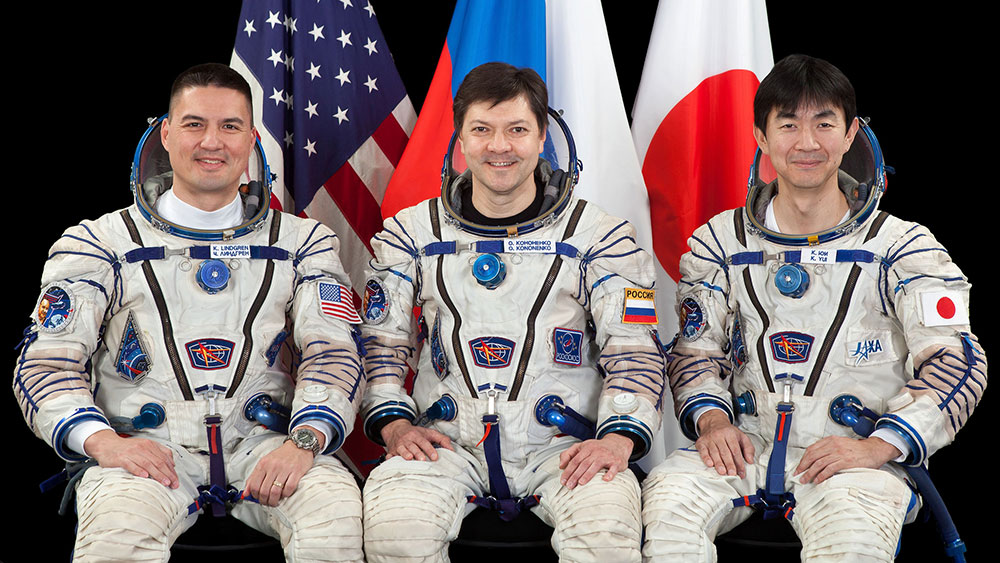
The Expedition 70 crew mainly focused Wednesday’s scientific research activities on the human eye and Earth observations while also continuing its life support maintenance tasks. The orbital residents will also welcome a cargo mission due to launch to the International Space Station this week.
Vision is a critical element contributing to the success of a spaceflight and doctors want to understand how living in space during a long-term mission affects the human eye. Researchers on the ground observe astronauts with a variety of instruments and experiments on the station collecting data for analysis. Insights may show what happens to the eye when continuously exposed to weightlessness and how an astronaut’s vision re-adjusts to gravity after returning to Earth.
One portion of the CIPHER suite of human research studies taking place on the orbital lab today is looking at space-caused structural and functional changes in the eye. Astronauts Loral O’Hara and Satoshi Furukawa joined each other in the Columbus laboratory module for the advanced biology study. The duo first attached electrodes around their eyes to measure their retinal activity in response to light stimuli. Next, O’Hara from NASA and Furukawa from JAXA (Japan Aerospace Exploration Agency) peered into medical imaging hardware for a closer look at their retinas. Finally, Furukawa imaged the eyes of Commander Andreas Mogensen from ESA (European Space Agency) using the same medical gear found in an optometrist’s office on Earth.
O’Hara also partnered with Mogensen during the day configuring camera gear that will be installed outside the space station on a future date. O’Hara then cleaned spacesuit helmets and stowed spacewalking gear inside the Quest airlock. Mogensen brushed up on his Canadarm2 robotics skills training on a computer to maintain his proficiency when operating the 57.7-foot-long robotic arm.
NASA Flight Engineer Jasmin Moghbeli spent all day in the Tranquility module working on orbital plumbing tasks. She removed and replaced components on the water recovery system that is part of the bathroom, also known as the Waste and Hygiene Compartment, located in Tranquility.
In the Roscosmos segment of the orbital outpost, the cosmonauts worked on a variety of Earth observation hardware supporting three different experiments. Veteran cosmonaut Oleg Kononenko set up a camera to monitor the effects of natural disasters and human-caused catastrophes on the ground. Flight Engineer Nikolai Chub configured a different set of camera gear pointing it toward Earth to image upper atmosphere clouds and gain more climate data. Flight Engineer Konstantin Borisov swapped lenses on the EarthKAM camera remotely controlled by students to capture their own imagery of Earth landmarks.
The SpaceX Dragon cargo spacecraft attached to the company’s Falcon 9 rocket is at the launch pad today at NASA’s Kennedy Space Center. Packed with several thousand pounds of new science experiments, crew supplies, and station hardware, Dragon is counting down to a liftoff at 8:28 p.m. EST on Thursday. It will arrive at the station on Saturday during its automated approach and rendezvous and dock to the Harmony module’s forward port at 5:21 a.m. O’Hara and Moghbeli will be on duty monitoring Dragon’s arrival.




